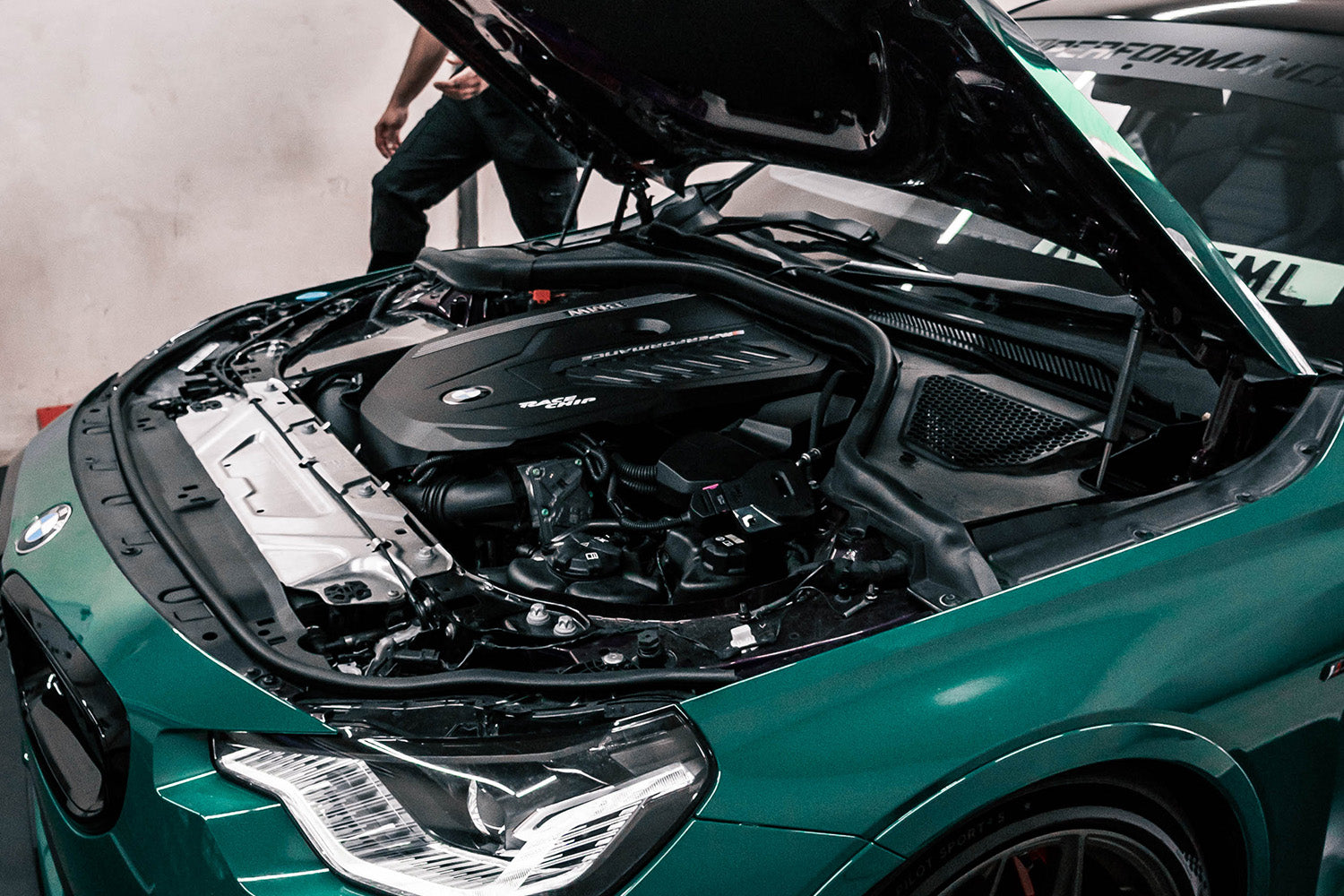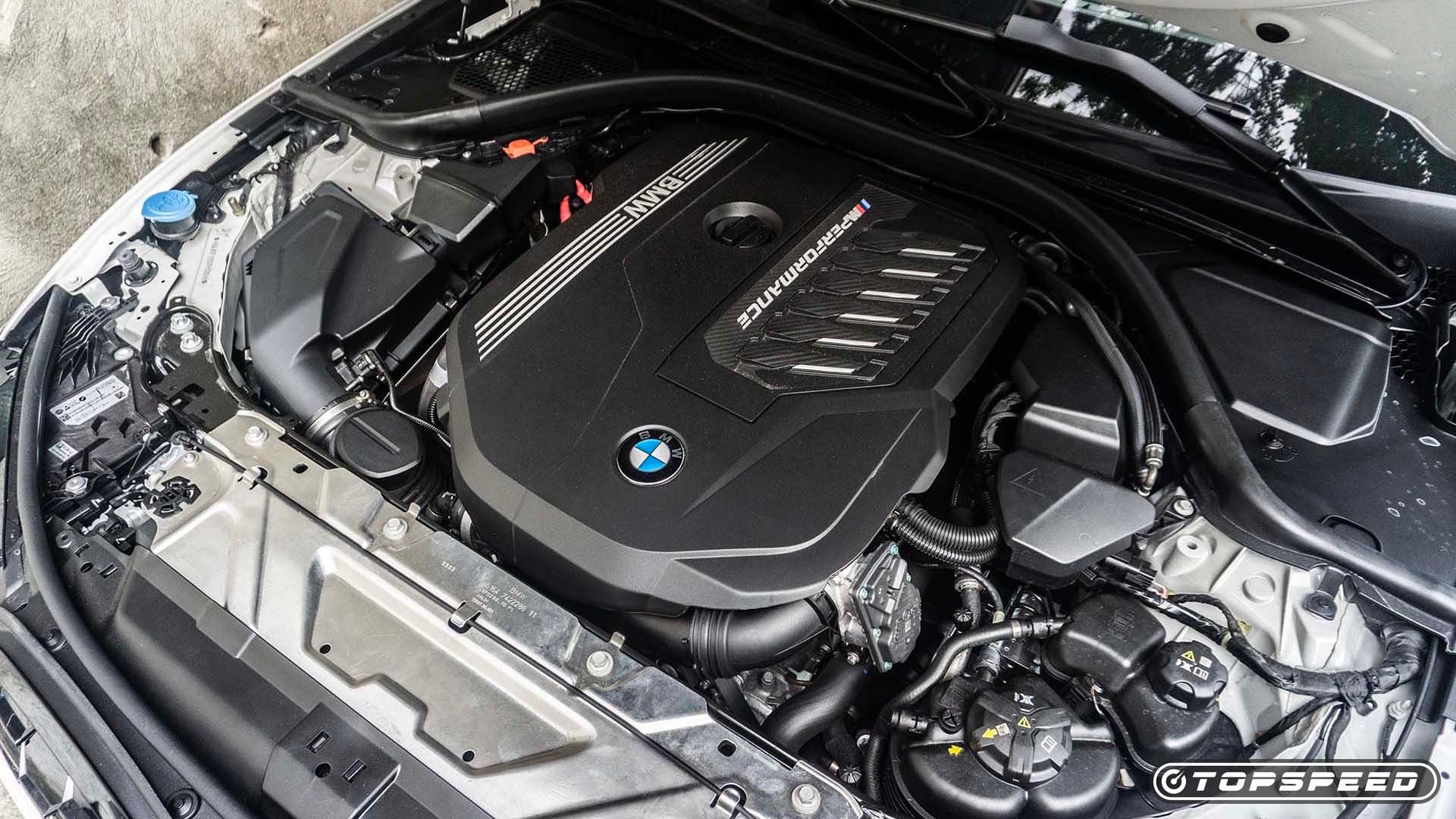A Beginner's Guide to Choosing the Right BMW Engine for Your Demands
A Beginner's Guide to Choosing the Right BMW Engine for Your Demands
Blog Article
Introducing the Intricacies of Next-Generation Power Units: a Deep Dive Into Advanced Engine Styles and Advancements
As we stand on the precipice of a new age in transportation, the ins and outs of next-generation engine styles beckon us to discover the innovative technologies and developments that assure to redefine the driving experience. Diving deeper into the worlds of discharge control, smart engine management systems, and the perspective of power unit development, we discover ourselves on the cusp of a transformation that guarantees to improve the landscape of movement as we recognize it.
Advancement of Engine Materials

The shift in the direction of progressed engine products has actually also allowed engineers to make engines with greater power results while maintaining fuel efficiency requirements. For instance, using lightweight materials reduces the overall weight of the engine, bring about improved fuel economic climate and reduced exhausts. Additionally, innovations in materials innovation have enabled better thermal monitoring within engines, leading to increased reliability and long life.
Turbocharging and Supercharging Technologies
Just How do Turbocharging and Supercharging Technologies revolutionize engine performance and efficiency in contemporary lorries? Turbocharging and turbo charging are technologies that considerably enhance engine efficiency by enhancing the amount of air intake right into the burning chamber. Turbocharging accomplishes this by using a wind turbine driven by exhaust gases to pressurize the consumption air, while supercharging uses a belt- or chain-driven compressor to accomplish the same result.
These innovations enable smaller sized, more fuel-efficient engines to generate power comparable to larger ones, recognized as downsizing. By compeling even more air into the cyndrical tubes, turbocharging and turbo charging enhance combustion effectiveness, resulting in increased horsepower and torque output without a substantial increase in engine dimension. This causes far better acceleration, hauling capability, and general driving performance.
In addition, turbocharging and supercharging contribute to improved gas performance by enabling the use of smaller sized engines that take in much less gas under regular driving conditions - bmw engine. This mix of boosted performance and efficiency has made turbocharging and supercharging important components of several contemporary engine layouts
Exhaust Control and Environmental Effect
With raising global concerns relating to air top quality and environmental sustainability, the application of emission control technologies in automobiles plays an essential function in lowering dangerous contaminants launched into the environment. Modern automobiles are equipped with innovative discharge control systems that help lessen the ecological impact of automotive procedures. Catalytic converters, for circumstances, are developed to convert hazardous gases such as carbon monoxide gas, nitrogen oxides, and hydrocarbons right into much less harmful materials like co2 and water vapor.
In addition, improvements in engine technology, such as the integration of exhaust gas recirculation systems and discerning catalytic reduction, have actually substantially added to lowering emissions. These innovations function in tandem to maximize burning efficiency and reduce the release of hazardous toxins right into the air. Furthermore, the growth of crossbreed and electric vehicles represents a crucial action towards decreasing the overall environmental impact of the transportation industry.
Intelligent Engine Monitoring Solution

Additionally, these systems make it possible for cars to fulfill rigorous emissions standards without jeopardizing efficiency, offering a more eco-friendly driving experience. The combination of expert system and maker discovering abilities in engine management systems proceeds article to push the limits of what is possible, bring about further renovations in efficiency, dependability, and overall automobile efficiency. bmw engine. As automobile modern technology advancements, intelligent engine administration systems will certainly play a critical role fit the future of transport towards a more effective and lasting instructions
Future Trends in Power Unit Advancement
As smart engine management systems lead the way for boosted control and optimization in modern-day cars, future fads in power device development are poised to redefine the landscape of vehicle propulsion modern technologies. One of the key trends driving advancement in power device growth is the change towards electrification. With a boosting emphasis on sustainability and reducing carbon emissions, hybrid and electric powertrains are coming to be more prevalent in the automobile market. These alternate power resources supply boosted performance and efficiency while straightening with stringent ecological regulations.
One more considerable pattern is the integration of advanced products and producing techniques. Lightweight products such as carbon fiber and light weight aluminum are being used to reduce total automobile weight, improving fuel efficiency and efficiency. In addition, improvements in 3D printing and additive manufacturing are enabling the manufacturing of complicated engine elements with higher accuracy and sturdiness.
Additionally, artificial knowledge and artificial intelligence are playing a crucial duty in optimizing power device performance. These modern technologies permit for real-time monitoring click resources and adaptive control, leading to much more trustworthy and reliable power shipment. Overall, future fads in power unit growth are geared in the direction of efficiency, sustainability, and efficiency, driving the automobile sector towards a brand-new period of propulsion technologies.

Conclusion
In verdict, the developments in engine products, turbocharging, discharge control, and smart monitoring systems have led the way for next-generation power devices. These advancements have not only improved performance and performance however additionally decreased ecological impact. As technology proceeds to evolve, future patterns in power device development are most likely to concentrate on more improving sustainability and maximizing power output. The complex layouts and developments in contemporary engines display the continuous advancement of automobile innovation.
Exploring the modern improvements in engine materials has actually been critical in improving the efficiency and effectiveness of modern-day engines. Over the years, the advancement of engine materials has played a vital duty in pressing the borders of what engines can attain.The change in the direction of advanced engine products has actually additionally made it possible for designers to make engines with greater power outputs while maintaining fuel efficiency standards.The implementation of smart engine monitoring systems in modern cars has revolutionized the way engines are regulated and maximized for efficiency and effectiveness. By collecting data in real-time and evaluating it with advanced algorithms, smart engine administration systems can adapt to driving designs, environmental factors, and engine wellness to optimize power outcome while reducing gas usage and discharges.
Report this page